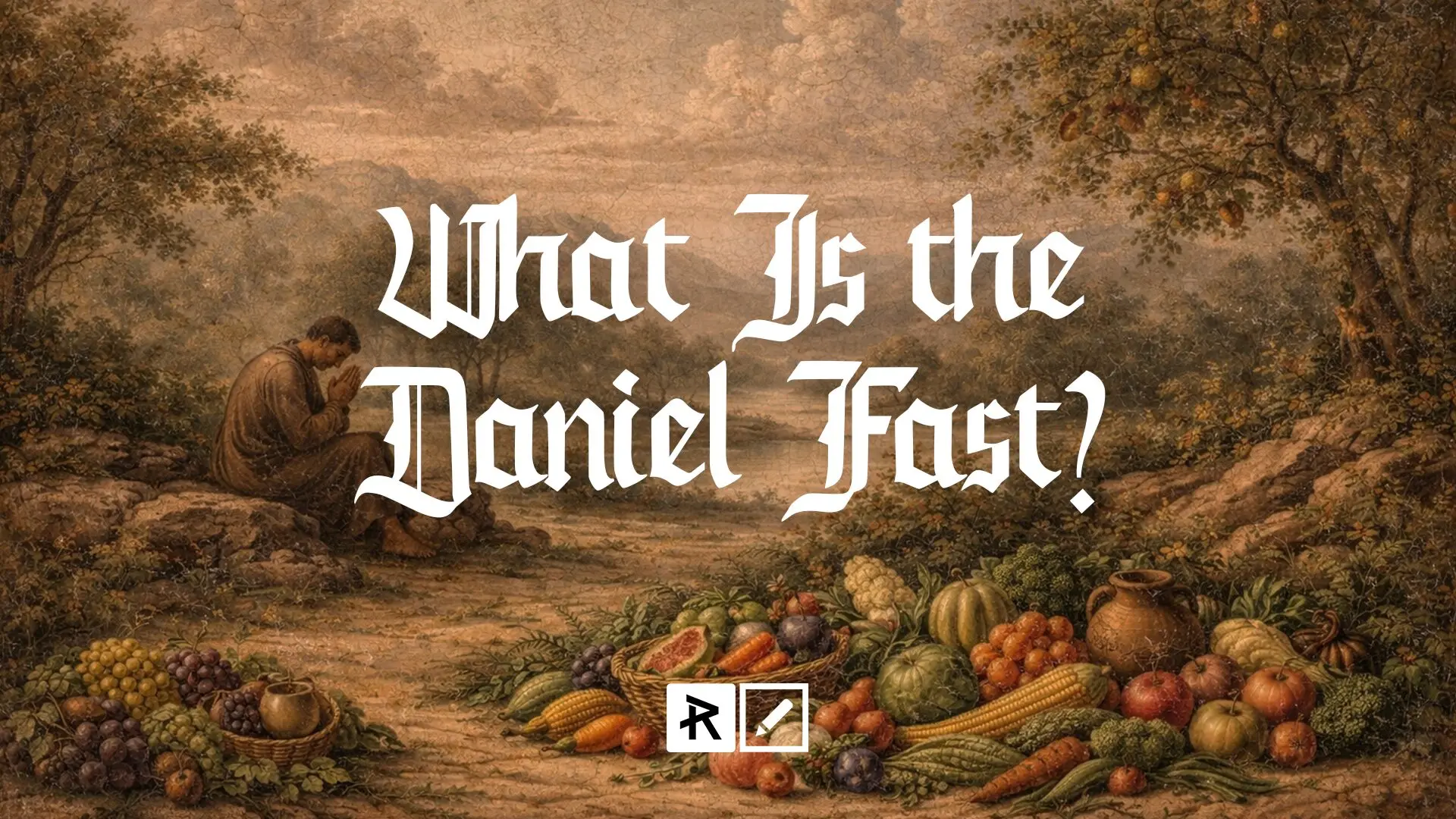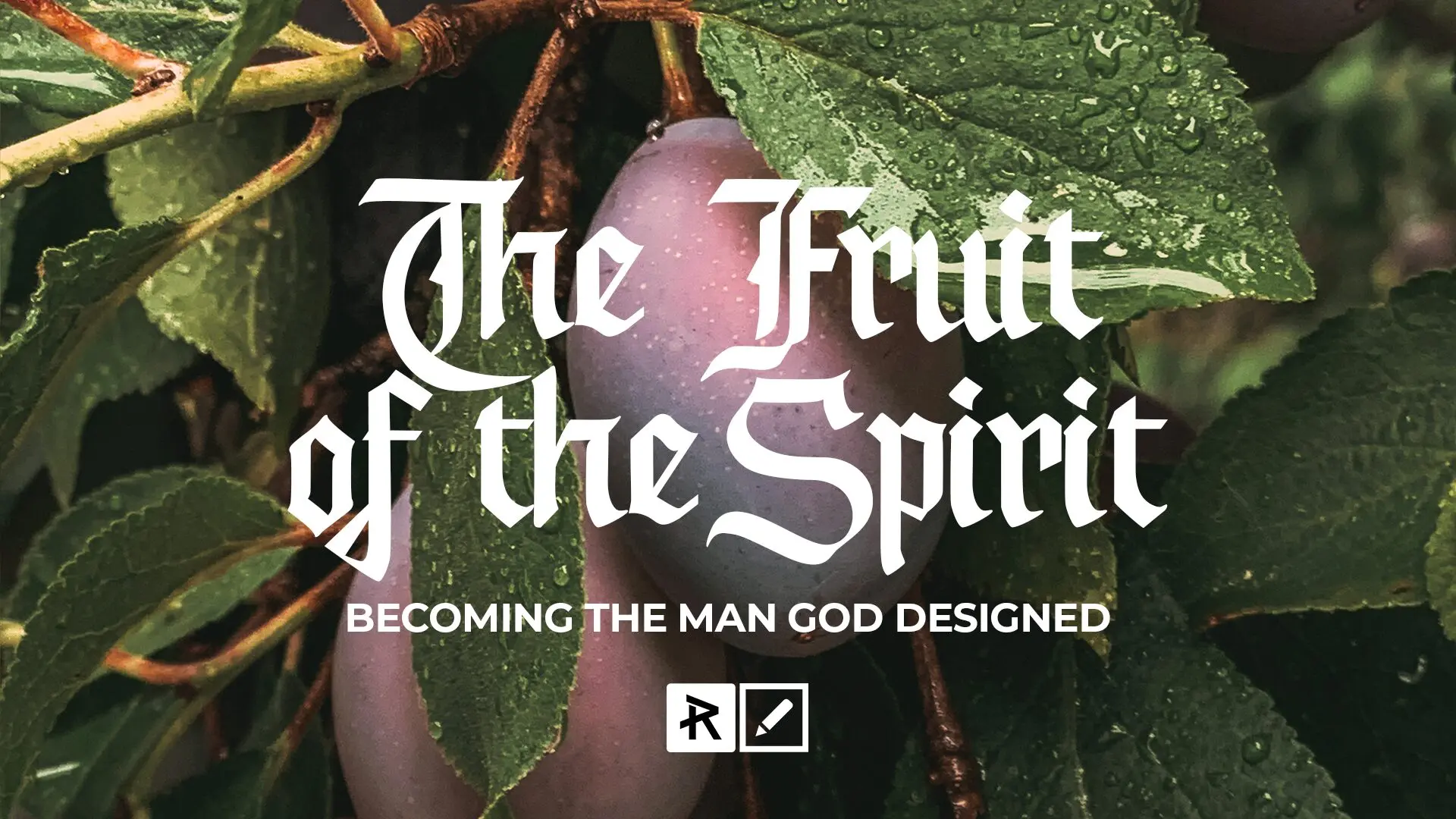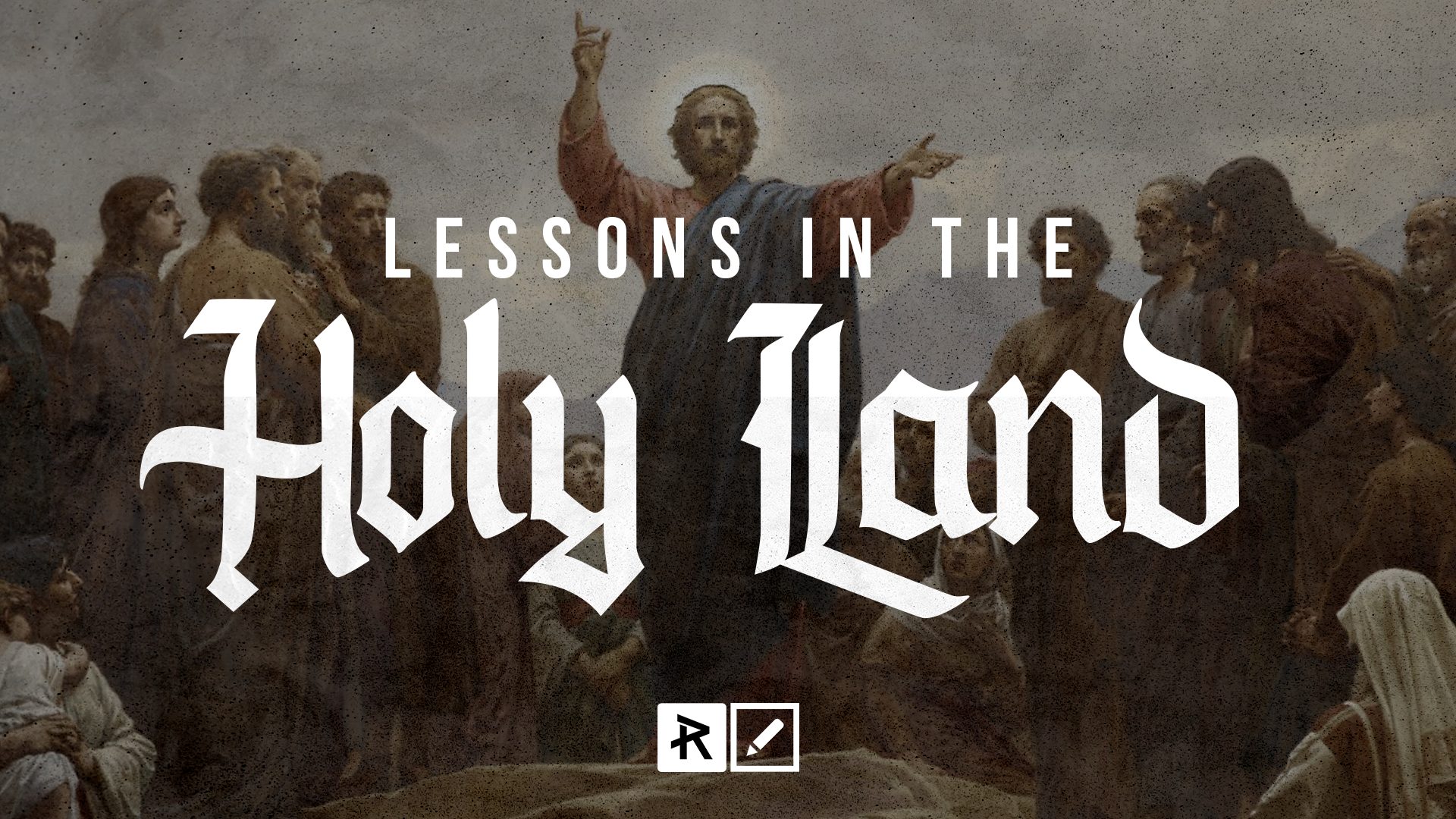What is the Daniel Fast?

What is the Daniel Fast?
A 21-Day Challenge for Men Who Want More of God
Each time this year, I look forward to the first few weeks as our church devotes them to prayer, fasting and seeking the face of God. The Daniel Fast is one of the most practical and time-tested ways for God’s people to humble themselves, seek clarity, and realign their lives with heaven. It is not a fad diet or a religious stunt. It is a biblical discipline rooted in the life of the prophet Daniel, a man who lived under pressure, temptation, and political hostility—and yet remained spiritually sharp. Fasting is abstaining from certain foods for a specific period of time for a spiritual purpose.
In Daniel 10:2–3 (ESV) we read:
“In those days …I ate no delicacies, no meat or wine entered my mouth, nor did I anoint myself at all, for the full three weeks.”
That’s 21 days—not accidental, not symbolic—but intentional. Daniel set aside rich foods, comforts, and indulgences to seek understanding from the Lord. And Scripture tells us that God heard his prayer from the very first day (Daniel 10:12). As a church we will commit 21 days to fasting and prayer so that we can seek the Lord.
What is the Daniel Fast?
The Daniel Fast is a partial fast, focused on simple, whole foods: vegetables, fruits, legumes, whole grains, nuts, seeds, and water. It intentionally removes meats, sweets, alcohol, rich foods, and often stimulants like coffee. But biblically speaking, the heart of the fast is not what you remove but your heart during the fast. Have a heart that hungers and thirsts after righteousness. Don’t just change your diet, but change your schedule. Spend more time in prayer, the Bible, worship, meditation and other spiritual practices.
Why Should Men Do It?
Fasting gives you a chance to slow things down, quiet the flesh and elevate your Spirit. With so much noise and busyness, fasting gives you a time to examine your life, ask questions like “Am I happy with the direction my life is going?” or “What does God want to do in my life for this next season?”
Start Somewhere—But Start
This is the challenge: take the 21-day Daniel Fast. Not perfectly—but purposefully.
If you’ve never fasted, start simply. Remove desserts. Cut out snacking. Skip a meal. Abstain from social media and replace it with Scripture and prayer. And if you fail one day? Don’t quit. Pick it back up. God honors faithfulness, not formulas. Jentezen Franklin said about fasting, “If it doesn’t mean anything to you, it won’t mean anything to God.” Make sure your fast is meaningful, purposeful and a true sacrifice to the Lord.
Application:
- Write it down: Write down what your fast will look like. Not just what you will add and abstain from, but what you’re praying for and asking God for.
- Abstain: Consider what you’re going to sacrifice and give up during your fast. .
- Add healthy things: Consider what you will bring into your fast. More time in worship, prayer and meditation are a good place to start. Perhaps you start a new Bible reading plan as well.
What is the Daniel Fast? Read More »







